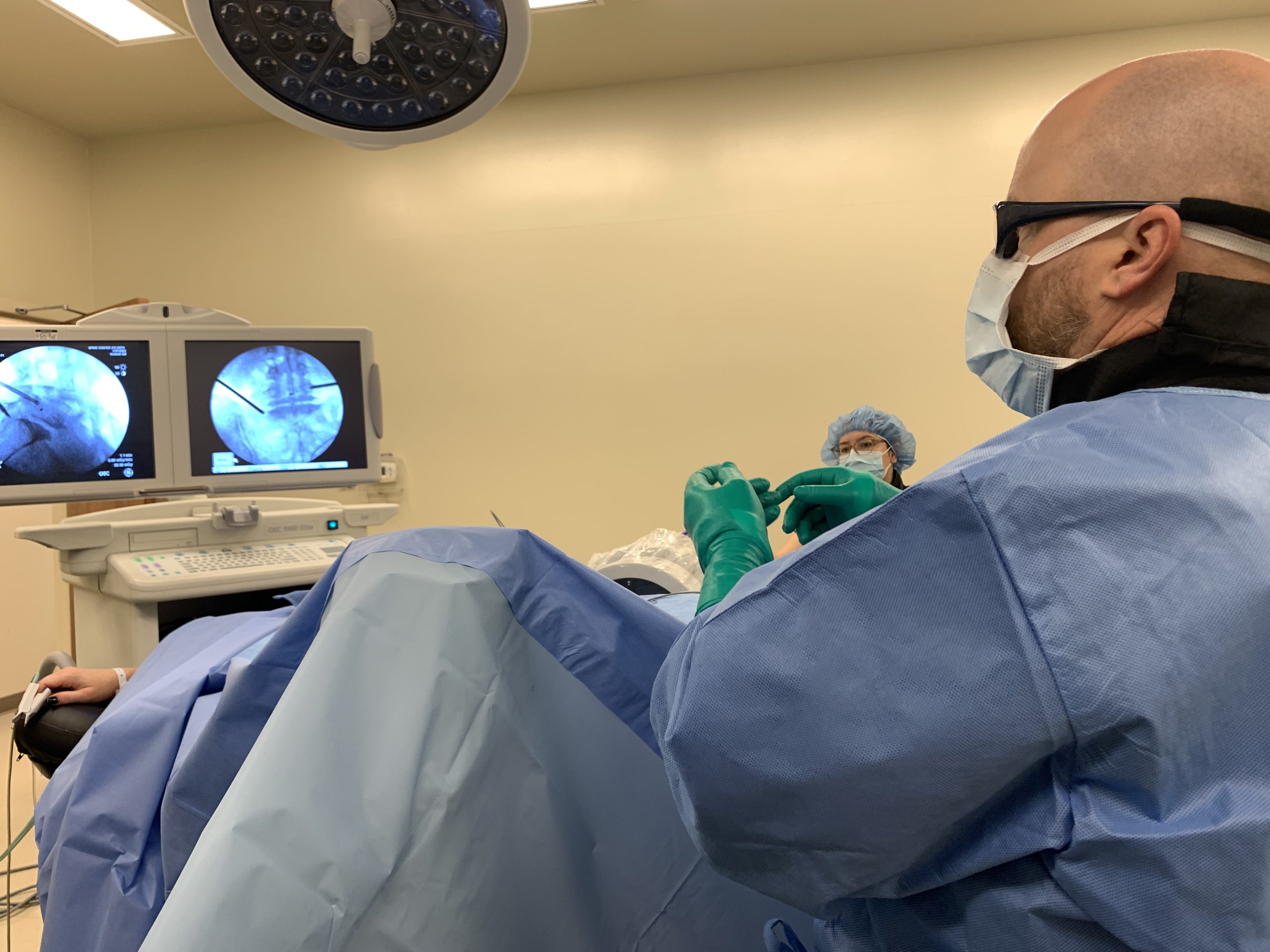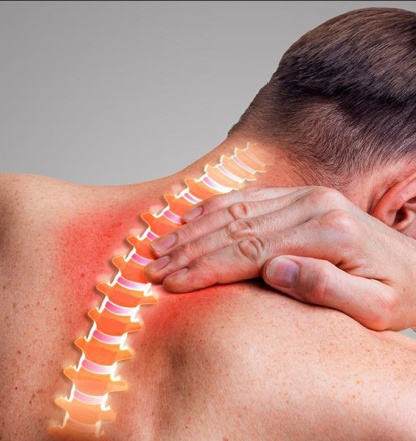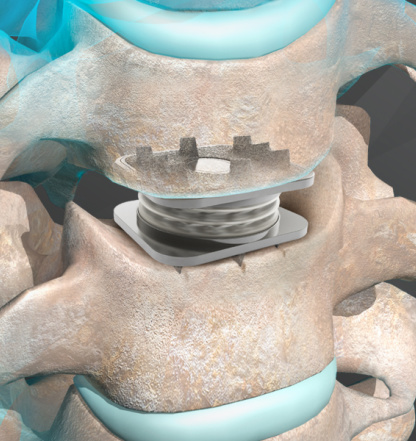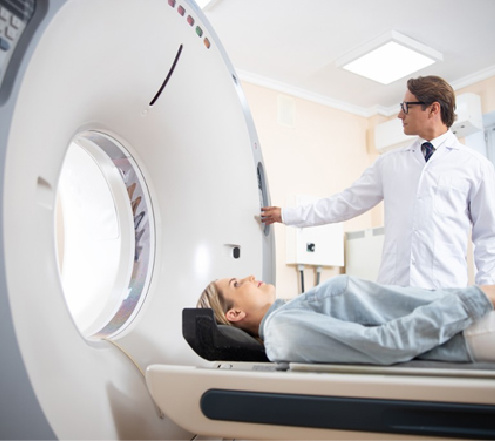While most people experience significant pain relief after spine surgery, about 15% will have ongoing pain, a condition called failed back surgery. If your symptoms don’t improve after surgery, the experienced team at Spine Center Atlanta can help. After reviewing your surgery and identifying the cause of your symptoms, they create a tailored care plan that targets the problem and eases your pain. To schedule an appointment, call one of the seven offices in Atlanta, Savannah, Conyers, Augusta, Macon, and Decatur, Georgia, or book an in-person or telemedicine appointment online today.
What is failed back surgery?
Failed back surgery means you still have back and/or extremity pain after having surgery to repair the condition responsible for your symptoms.
You may have failed back surgery if your pain:
- Doesn’t improve after surgery
- Improves after surgery but recurs
- Improves but you still have some symptoms
The pain of failed back surgery may return in weeks, months, or years.
What causes failed back surgery?
Failed back surgery doesn’t mean anything went wrong during your surgery or that the surgery wasn’t necessary. You can develop ongoing pain for many reasons:
Overworked muscles
Your ongoing pain may arise from muscle spasms and myofascial pain.
Post-surgery complications
You may develop an infection or excessive scar tissue, which prevents healing and leaves you with ongoing pain. If you had hardware implanted (rods, screws), the hardware could come loose or fail.
New degeneration or disease
Repairing one problem doesn’t stop another back condition from developing. The biomechanics of your spine may change as a result of surgery, accelerating degenerative changes. It’s also possible to have recurrent stenosis (spinal canal narrowing) after decompression surgery.
Adjacent segment disease
Adjacent segment disease occurs after a spinal fusion. In this condition, the treated vertebral segment is fine, but the segments above or below it develop degenerative disease.
Surgery didn’t repair all problems
Your procedure may successfully repair one problem, but didn’t correct another existing condition. It’s possible a spine condition went undiagnosed prior to surgery or that you had the wrong diagnosis.
Technical problems
In some cases, you may have inadequate decompression, misplaced hardware, or have the wrong surgery.
How is failed back surgery diagnosed?
Your provider carefully evaluates all of your prior back treatments, including the results you achieved with each one. They also review images taken before and after your failed back surgery and perform more diagnostic imaging as needed.
During your physical exam, they check for tenderness and pain and evaluate your range of motion. Your provider also does a thorough neurological exam and performs other manual tests designed to target the source of your ongoing pain.
How is failed back surgery treated?
Each person’s treatment is customized, targeting the cause of their ongoing pain and using conservative therapies before considering additional surgery.
These are only a few examples of the nonsurgical treatments you may receive:
- Medications
- Exercise and/or physical therapy
- Neuromodulation
- Epidural steroid injections
- Radiofrequency ablation
- Medial branch block
If you have ongoing pain after spine surgery, call Spine Center Atlanta or book an appointment online today.































